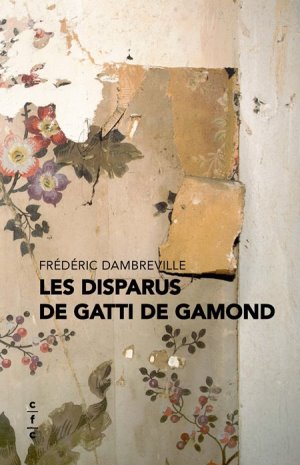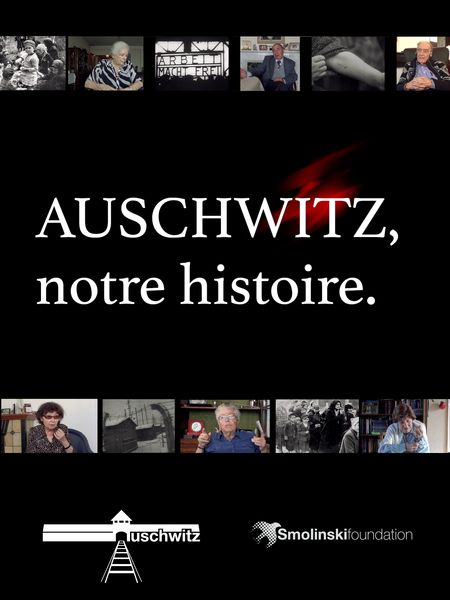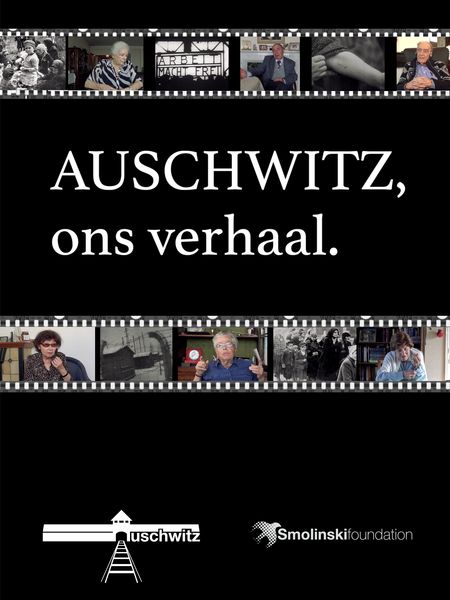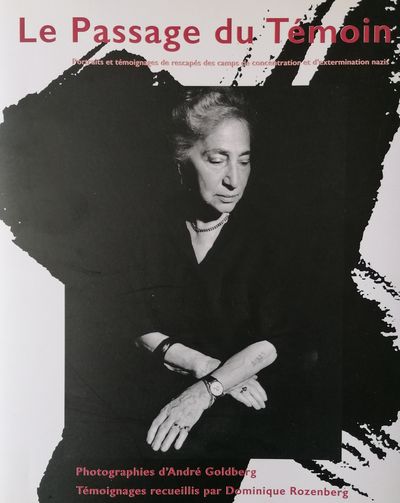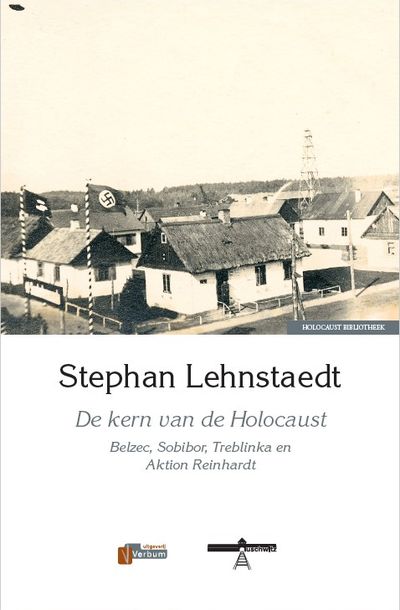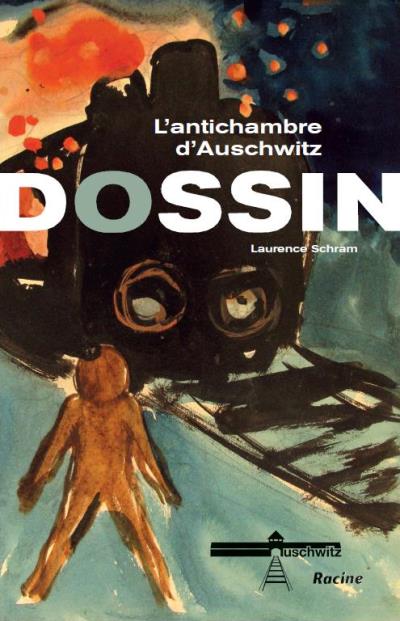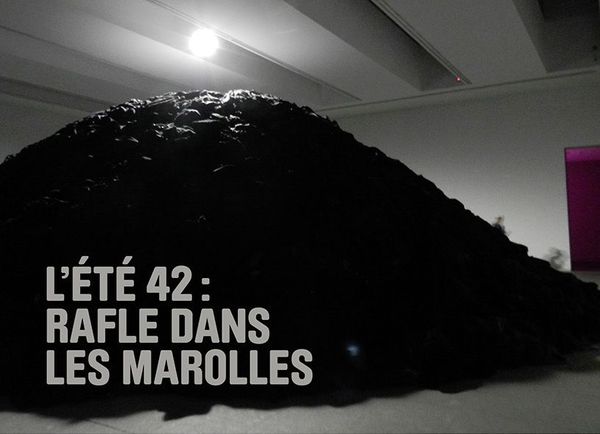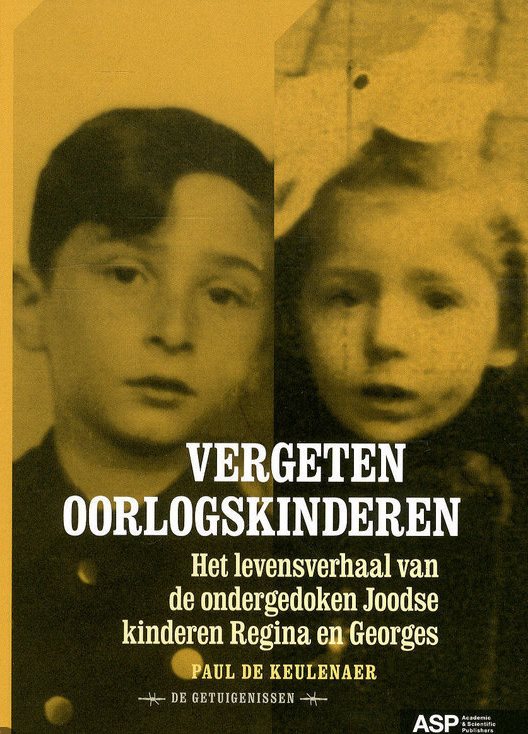Table of contents of issue no. 123 (Dutch/English)
Table of contents and abstracts (French/English)
Editorial (Frédéric Crahay)
Logbook
- Film: Saul fia / Son of Saul. De doden spreken (Erik Machielsen)
- Film: Bridge of Spies. Helden in de schaduw (Erik Machielsen)
- Theatre: De Welwillenden (Anneleen Spiessens)
- Theatre: Theatre as Courtroom: The NSU protocols in Freiburg (Tom Vanassche and Martin Hinze)
In 2015, the Freiburg Theatre initiated a series of “dramatic readings” based on the trial against the NSU (Nationalsozialistischer Untergrund), suspected of a series of racist murders in Germany. The NSU Protocols constitute in many ways a parallel trial that reveals both overt and latent forms of racism in German society and, by drawing on the “factographic” tradition of documentary theatre, specifically seek civic participation. - Music: Le Verfügbar aux enfers. Interview met Marion Pillé (interview afgenomen door Daniel Weyssow)
Portfolio: STILL. Some Thoughts on Stillness and the Landscape of War (Jelena Jureša)
Interview: With Holocaust Historian Gideon Greif (by Frédéric Crahay)
- Professor Gideon Greif is well-known for his pioneering research on the Sonderkommandos, prisoners who were forced to work in the gas chambers and crematoria of the Auschwitz-Birkenau concentration and extermination camp. Some of them moved to Israel afterwards. In 1986, when he realized that the matter had received very little attention until then, Greif began collecting interviews of these tormented men and managed to gather a unique collection of testimonies that conveys the voices of these unlikely survivors. Indeed, as “bearers of secrets” (Geheimnisträger) from the Nazi perpetrators, the men were not supposed to live and share their story. Last year, Gideon Greif and Itamar Levin published Aufstand in Auschwitz (2015), a study about the revolt of the Sonderkommandos in Birkenau on 7 October 1944 – an unexplored event. It was one of the numerous acts of resistance against the Nazis that the Jewish people undertook in occupied Europe.
Dossier: Translating Testimony
- Presentation (Anneleen Spiessens &Tom Toremans)
What is the relationship between testimony, defined as a more or less ritualized first-person account of political violence, and translation? Correspondingly, how does the translator position herself towards the witness? Can the translator be, or become, a witness? How, when and why are testimonies translated? Which linguistic and discursive strategies do translators resort to when faced with ethically challenging texts? Which role do they play exactly in the transmission of the historical knowledge, cultural values or social critique conveyed by the testimony? Does translation weaken or rather reinforce the relevance and impact of the original statement? How important is translation in literary, political and institutional settings? Do these specific settings determine translation practice in significant ways? To which extent can subsequent processes of transcription, editing, translation and archiving affect the source text? And how accurate are the boundaries we draw to distinguish witnessing from translating, documentary from literary testimony, the original from its translation? These are the main questions we intend to explore in our dossier. - Retranslating Rousset: English-Language Mediations of L’Univers concentrationnaire (Sharon Deane-Cox)
This article approaches the translation of concentration camp testimony through the optic of secondary witnessing in order to consider how translation, as an act of listening, might impact the preservation and transmission of the survivors’ account. A case study on the initial translation and retranslation of David Rousset’s L’Univers concentrationnaire in English will serve as the basis for exploring how the translators have attended to the survivor’s representation of the camps. It will also scrutinize paratextual material and translation reviews as a means of retracing some of the socio-cultural conditions of production of the two target texts, paying particular attention to how Rousset has been understood and received. - Voicing the Perpetrator’s Perspective: Translation and Mediation in Jean Hatzfeld’s Une saison de machettes (Anneleen Spiessens)
This paper draws on discourse analysis and narrative theory to uncover the strategies exploited by authors who voice the perpetrators’ perspectives on war and conflict. As an “extreme” form of literature on both a formal and an ethical level, perpetrators’ testimonies cannot be but a “relayed” and therefore layered story, calling for a particular mise en scène. The paper assesses the importance of testimonial scenography in Une Saison de machettes, an account written by former war reporter Jean Hatzfeld that presents transcribed interviews with Rwandan génocidaires. An analysis of excerpts from the English and Dutch translations of Hatzfeld’s book reveals the polyphonic nature of the killers’ testimony and subverts the idea of a “consonant” translation as promoted by Hatzfeld himself. - Archived Voices: Refiguring Three Women’s Testimonies Delivered to the South African Truth and Reconciliation Commission (Antjie Krog and Nosisi Mpolweni)
The South African Truth and Reconciliation Commission (TRC) executed a vital process of transitional justice in the 1990s. Its main task was to address the human rights abuses of the past through a process of truth and amnesty, using the testimonies of victims/survivors and amnesty applicants to gather information about the gross violations of human rights that had taken place under apartheid. Today, the consequences, effects, and failures of the commission are still being debated among scholars as well as among certain parts of the population. The three testimonies discussed in this paper were delivered during the first and second weeks of TRC hearings in 1996, before being transcribed, translated and archived. We want to explore the less obvious and more subtle refigurings that took place during the compilation of TRC testimonies, not only through the processes of translation and transcription, but also through narrating the event in a way that leaves central moments un-uttered. - Pushing Back: Witnesses and Translation in the Radovan Karadži? Trial (Ellen Elias-Bursa?)
In the trial of Radovan Karadži? before the International Criminal Tribunal for the former Yugoslavia, the degree to which witnesses for the Prosecution and the Defence engage during their testimony with translation and interpreting issues is a measure of their sense of agency. Karadži? uses his position as a self-representing accused to assert his dominance over the trial. Prosecution and Defence witnesses find ways through discussion of language-related issues to resist Karadži?’s language-related pressures. - The Belgian Asylum Interview: The Implications of Lingua Franca English Usage (Katrijn Maryns)
In institutional settings of globalization, labelled languages are generally preferred over multilingual repertoires and mobile language resources. Drawing on linguistic-ethnographic analysis of the way English is treated as an invariable “ad hoc” idiom in the Belgian asylum interview, this article demonstrates how institutional measures and routines relating to multilingualism fail to address the communicative needs and practices of the participants involved. I discuss how the divergent potentialities of the speakers’ linguistic repertoires reflect a remarkable inversion of client-gatekeeper resources in the way the participants with the least linguistic resources in the interview process eventually have the power to act as arbiters of what is or is not institutionally relevant for the case. - “The Wrath of the Goddess” and Other Acts of Doktori: Exorcising Colonial Possession in Translation (Christi A. Merrill)
If the testimonial genre is appropriated from colonial-era academic traditions, how may its translation into English intervene in the complex domestic politics of caste and gender inequities in India? I attempt a provisional answer by attending to the issues raised when translating the life story of Dalit feminist Kausalya Baisantry’s Dohra Abhishaap [Doubly Cursed] from Hindi, focusing particularly on a short ethnographic passage that describes different ways untouchable members of her community dealt with smallpox outbreaks, from exorcism to Western medicine (as “doktori”). I argue that Baisantry’s rhetoric up-ends the binaries of postcolonial studies and in the process complicates genealogies of “cultural translation” Talal Asad has critiqued, including his insight that anthropological rhetoric is predicated on fixed disparity between languages. - Translating the Egyptian Revolution:
- Translation, Testimony, Activism (an Interview with Samah Selim by Tom Toremans)
As an academic, translator and activist, Samah Selim has produced a body of work that is of particular relevance to this special issue on the relation between translation and testimony. More specifically, it is the turn from academic research on Arabic literature and translation to a more directly activist engagement with translation in the wake of the revolution in Egypt in 2011 that is of specific interest to this issue. Currently Associate Professor at the Department of African, Middle Eastern and South Asian Languages and Literatures at Rutgers University, Selim previously taught at Columbia University, Princeton University and the University of Aix-en-Provence. She is also co-director of the literature module of the Berlin-based postdoctoral research program, Europe in the Middle East; the Middle East in Europe. Her published research mainly concerns modern Arabic literature in Egypt and the Levant, and the politics of translation in (post)colonial contexts. In 2004 she published a monograph on The Novel and the Rural Imaginary in Egypt 1880-1995, which explored the relationship between the rise of the novel genre, the politics of nationalist representation and the peasant question in 20th century Egypt.
In addition, Selim produced translations of works by Yahya Taher Abdullah, Khaled Ziadeh, Mohamed Makhzangi and Jurji Zaydan. She was the first translator winning both the Banipal Prize and the Arkansas Prize for Arabic literary translation. In 2012, Selim’s engagement with translation took an activist turn when she became a member of the video subtitling unit of the non-profit collective Mosireen. Inspired by this multifaceted, academic-activist engagement with translation and testimony, we interviewed Samah via e-mail in July of this year. - Moments of clarity (Omar Robert Hamilton)
Omar Robert Hamilton is a film maker, writer and cultural organizer working in documentary and fiction. He helped found Cairo’s Mosireen collective and works on the documentation, archiving and the visual record of the Egyptian revolution in various ways. He is also founder of the annual Palestine Festival of Literature, which seeks to challenge Israel’s various apartheid policies and the international discourse surrounding them. His latest fiction short, Though I Know the River is Dry from 2013, won the Prix UIP (Rotterdam), Best Short from the Arab World (Abu Dhabi) and Best Short Film (Yerevan). Hamilton writes semi-regularly for Egyptian journalism collective Mada Masr and occasionally for the London Review of Books blog. His debut novel The City Always Wins, about the parts of the revolution you cannot capture in the archive, will be published in 2017. In the following piece, he writes in the most heartfelt way about his hopes and frustrations during and after the Egyptian Revolution.
- Translation, Testimony, Activism (an Interview with Samah Selim by Tom Toremans)
Readings
- The Italian Military Internees in Germany during World War II: Repatriation, Memory, Denial (Sabrina Frontera)
After the armistice of 8 September, more than 650,000 Italian soldiers who had refused to fight for the Axis were disarmed by the Wehrmacht and deported to the Reich for forced labour. Deprived of the “Prisoner of War” status, they were classified as “Italian military internees” (IMI). The first consequence of this decision was that the Red Cross and international authorities could not reach their camps in which, despite the Geneva Convention agreements, soldiers were employed in factories as “slaves”. Until today, their story remains largely untold.
The arrival of the Allies and the formal liberation of the camps was not the end of the IMI’s sufferings: considered displaced persons and sometimes suspected of collaboration, they were not immediately repatriated. On their return to Italy, moreover, they were heavily disappointed, faced with economic and practical problems in everyday life. The present article focuses not only on the history of repatriation but explores how the memory of internment was constructed and managed by the ex-internees, the institutions and political parties in Italy. - The Battle of Vukovar. A Turning Point in the Croatian “Homeland War” (Dražen Živi? and Iva Šuši? Degme?i?)
The year 2016 commemorates the 25th anniversary of what is referred to as “the Greater-Serbian aggression” against the then self-proclaimed Republic of Croatia and the town of Vukovar. Between 18 and 20 November 1991, after a three-month siege, the Yugoslav National Army and Serbian forces occupied Vukovar. They committed numerous war crimes, many of which were defined as the actus reus of genocide. Thousands of killed, wounded, displaced and missing persons as well as substantial material damage are a clear evidence of the urbicide, memoricide and culturecide committed by Serbian forces against an old, Croatian town. Vukovar became a symbol of Croatian defence in the “Homeland War”, and 1991 a crucial moment in the establishment and international recognition of an independent Croatian state.
Memorial Site
- The Memorial Centre of Homeland War Vukovar, Croatia (Iva Šuši? Degme?i?)
The article briefly traces the siege of Vukovar by the Yugoslav National Army in 1991 and the gruesome post-occupation events. It then focuses on the foundation of the Memorial Centre of Homeland War Vukovar in 2013, a site of remembrance, education, research and documentation where young generations get to know Vukovar’s past and learn about coexistence and tolerance. - Jasenovac: Een litteken in de Kroatische bodem (Frédéric Crahay)
Bookshelf
- Alexandre Doulut, Serge Klarsfeld & Sandrine Labeau (eds.), 1945. Les rescapés juifs d’Auschwitz témoignent, Paris: Les fils et filles des déportés juifs de France – Après l’oubli, 2015. (Paul Bernard-Nouraud)
- Christopher Clark, Ijzeren koninkrijk. Opkomst en ondergang van Pruisen 1600-1947, translated from English by Wil Hansen, Amsterdam: De Bezige Bij, 2015, 850 p. (Brecht Capiau)
- Élise Fontenaille-N’Diaye, Blue Book, Paris: Calmann-Lévy, 2015, 209 p. (Jean-Pierre Pisetta)
- Sandra Ponzanesi, Postcolonial Cultural Industry: Icons, Markets, Mythologies, Palgrave Macmillan, 2014, 272 p. (Caterina Romeo)
- Ma?gorzata Pakier & Joanna Wawrzyniak (eds.), Memory and Change in Europe: Eastern Perspectives, New York & Oxford: Berghahn, 2016, xiv + 373 p. (Sara Jones)
- Nadia Butt, Transcultural Memory and Globalised Modernity in Contemporary Indo-English Novels, Berlin and Boston: de Gruyter, 2015, 213 p. (Sayma Khan)
Memory laboratory
- Seyfo 1915 – Rwanda 94. Een sprankje hoop voor de ‘herinnering’ in België? (Mélanie Moreas)
The latest
Contact
Auschwitz Foundation – Remembrance of Auschwitz
Rue aux Laines 17 box 50 – B-1000 Brussels +32 (0)2 512 79 98
+32 (0)2 512 79 98 info@auschwitz.be
info@auschwitz.be
BCE/KBO Auschwitz Foundation: 0876787354
BCE/KBO Remembrance of Auschwitz: 0420667323
Office open from Monday to Friday 9:30am to 4:30pm.
Visit only by appointment.
![]()
![]()
![]()
![]()
![]()
Become a member
To become a member of Remembrance of Auschwitz ASBL, please contact us and transfer the sum of €50.00 to our account IBAN: BE55 3100 7805 1744 – BIC: BBRUBEBB with the communication: ‘Membership fee 2025’. The membership includes two issues of 2025 of our scientific journal.
DONATIONS
Donations of €40.00 or more (in one or more instalments) qualify for tax exemption for Belgian taxpayers.
In communication, please specify that it is a ‘Donation’ and mention your National Number which is required since 2024 to benefit from the tax exemption.
Subscribe
Error : Please select some lists in your AcyMailing module configuration for the field "Automatically subscribe to" and make sure the selected lists are enabled


